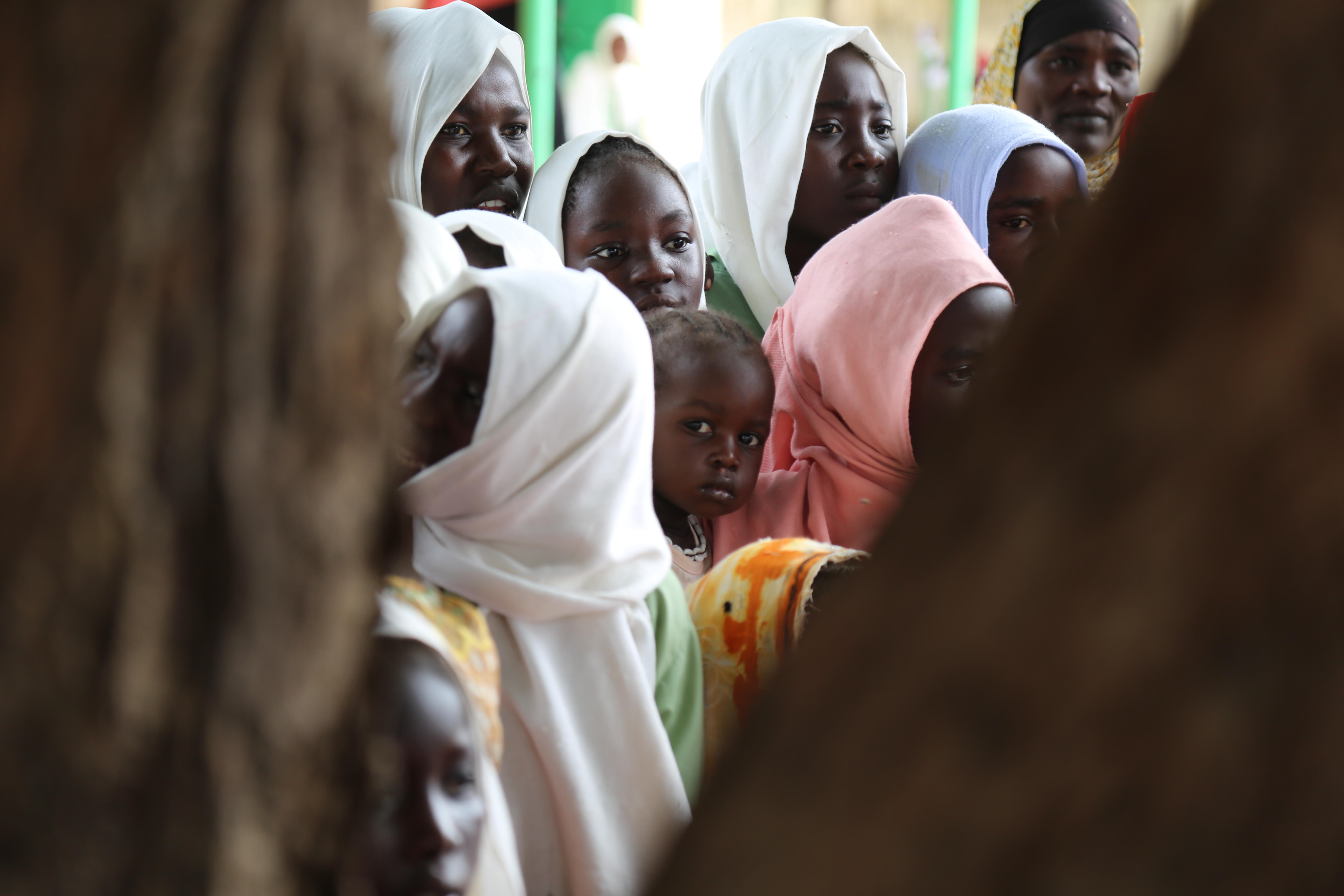KHARTOUM, Sudan --- Sudan has taken major stepsto defeat Female Genital Mutilation and the United Nations Population Fund will continue to lead efforts to fully ban the practice, the agency said.
Last week Sudan took legislative efforts to outlaw the practice and a final law that criminalizes FGM is yet to be formally approved, according to Sudan's government.
"The Law criminalizing FGM still needs to be approved by the joint meeting between the Sovereign Council and the Council of Ministers," said Osman Abufatima, Secretary General of the Government of Sudan's National Council on Child Welfare. "We are hopeful this will happen soon. Once the law is approved, it will be a very significant achievement."
FGM is the practice of partially or totally removing the external female genitalia or causing injury to female genital organs for non-medical reasons. Girls subjected to FGM are [denied their right to health and human rights.](https://www.unfpa.org/news/5-ways-female-genital-mutilation-undermines-h...)
Around 88 percent of women and girls from 15 to 49 years old have [undergone some form of FGM in Sudan](https://www.unfpa.org/data/fgm/SD), according to the most recent data from Sudan's government. Today, around 200 million girls and women across the world have undergone some form of FGM.
"This could be a landmark achievement for Sudan. We are ready to help the government get this done," said Massimo Diana, the United Nations Population Fund Representative in Sudan. "Banning the scourge of FGM practice would be another example of how women's rights have been revolutionized in the past year."
Girls subjected to female genital mutilation are [denied their right to health and human rights.](https://www.unfpa.org/news/5-ways-female-genital-mutilation-undermines-h...) FGM can be deadly. When girls are cut they face immediate risk of hemorrhage, shock and infections. The consequences of FGM last a lifetime --- from lingering mental health effects to sustained pain.
For years, UNFPA, healthcare workers and NGO's have campaigned to end female circumcision in Sudan.
"When the law criminalizing FGM is approved the work needs to continue. We need to work with communities in Sudan to make sure practice follows policy," Diana said.
After years of working on the frontlines, UNFPA has established best practices about how to work with communities to end FGM. One of the most successful methods is community declarations. The cross-UN programme brings together key local figures like religious and community leaders to hold public ceremonies where a community commits to ending FGM. In 2019, UNFPA supported community declarations that reached more than 20,000 people.
"The key to ending FGM in Sudan even after its criminalization is using behavioral change principles," said Giulia di Porcia e Brugnera, a UNFPA program associate who works on the Sudan Free of Female Genital Mutilation program. "FGM is a taboo topic, but if the community hosts a large celebration, and religious and community leaders publicly support its abandonment than the whole community will get behind it."



